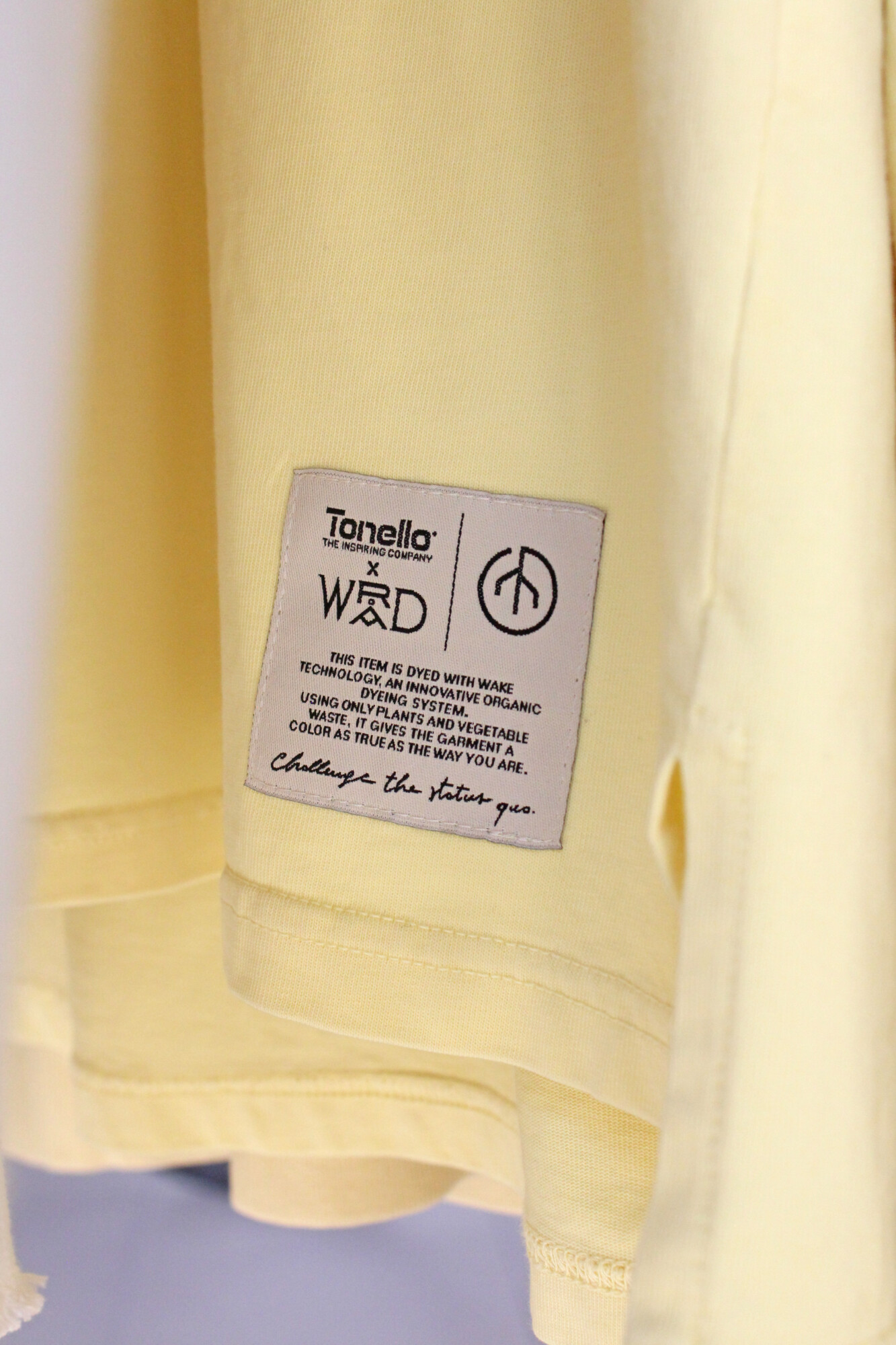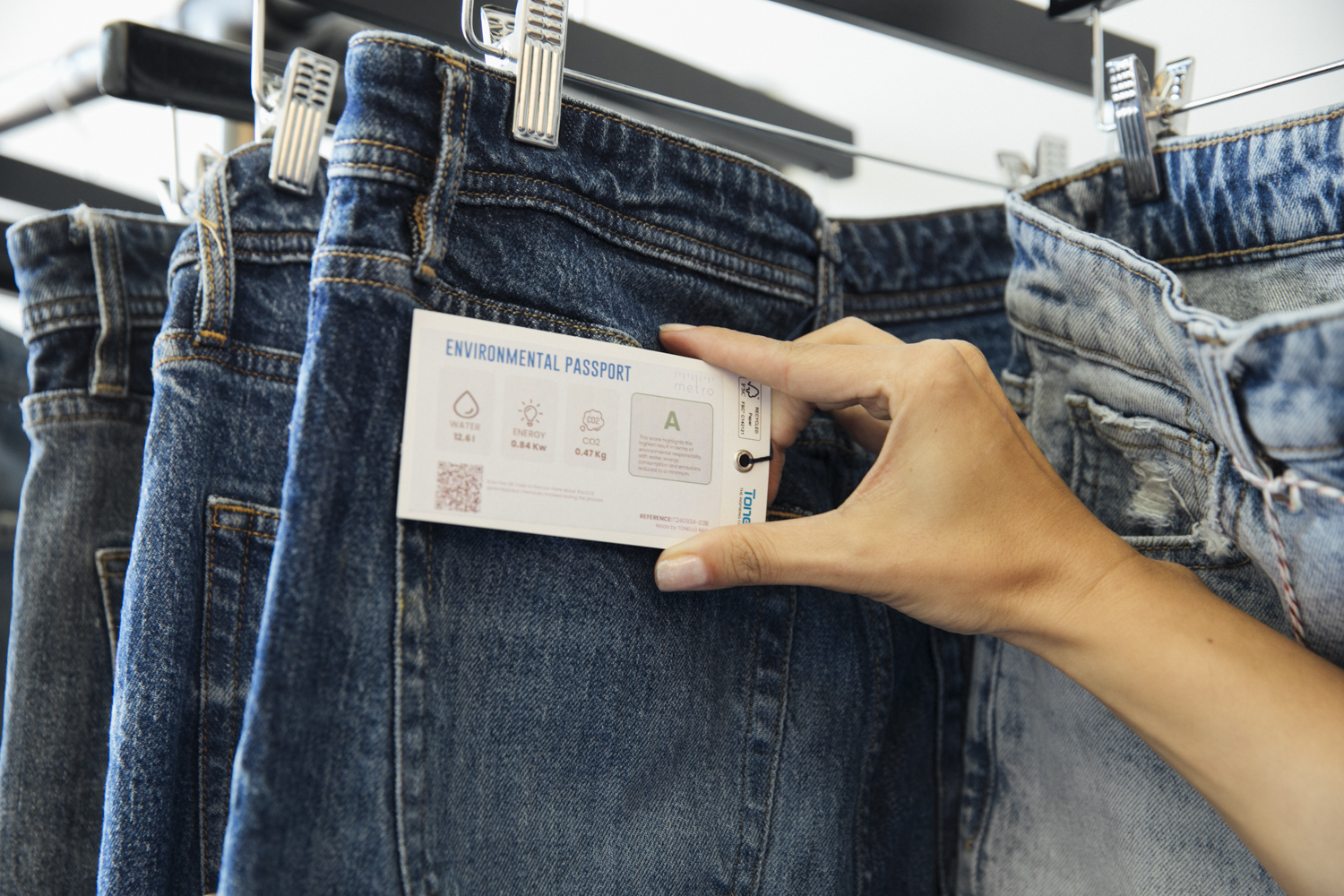Dossier
Everything you need to know about industrial textile washing

When one talks about the “textile industry” one thinks first and inevitably of the production process aspect that clothes, accessories, furnishings are born from. In fact, only insiders are aware of the importance of industrial textile washing, which is a decisive and strategic phase for producing quality goods, both from the obvious aesthetics point of view, and with regards to safety and hygiene.
Indeed, industrial textile washing, when carried out with the most advanced technologies, makes it possible to offer consumers garments that are longer lasting, color-stable and, perhaps most importantly – hygienic and non-toxic.
The importance of industrial textile washing
It goes without saying that professional textile washing is not limited to simply removing visible dirt. On the contrary, we are talking about sophisticated chemical and physical procedures that allow the removal of various residues: of dyes, for example, and the impurities and contaminants that can reduce the quality of tout-court fabrics, as well as cause undesirable reactions (allergic dermatitis, irritation, etc.) on the skin of the end consumer.
However, we should not think that industrial textile washing is a necessarily aggressive operation. In fact, the latest generation of machinery makes it possible to treat even delicate and/or technical materials without negatively affecting their performance, but, on the contrary, enhancing their resistance and comfort.


Why industrial textile washing is crucial
There are several reasons for this and they go beyond the hygiene and wholesomeness of the garments.
In fact, we are mainly talking about performance. Indeed, thanks to effective washing, fabrics achieve better technical results in terms of color, durability, softness, etc. Sports garments, for example, must have excellent breathability and antimicrobial characteristics that a poorly performed or perhaps too aggressive washing, might compromise.
A similar discussion can be had about denim: in this case the wash is decisive for defining the final effect and thus that particular “look & feel” that characterizes high-quality jeans at a glance, and directly affects perceived value and brand reputation.
Today, industrial textile washing is also essential in dealing with the increasingly dominant theme of sustainability. In this area, brands are continually investing more and more resources in order to reduce the use of water and chemicals, and to limit the environmental impact and the so-called carbon footprint.


A “well-executed” wash gives excellent results in terms of hygiene and garment beauty, and savings and recovery of resources used. Thanks to innovative techniques for recycling and treating water and processing residues, “combining efficiency, safety, and waste reduction” is now a real “mantra” for the modern textile industry.
For this reason, today we are witnessing a continuous evolution of machines and processes: increasing automation, customization of washing programs in order to treat robust and delicate fibers with the same effectiveness, the possibility of real time monitoring for each phase of the cycle, and the ability to rapidly intervene to regulate temperature, cycle duration, detergent doses, etc. These improvements offer manufacturers levels of flexibility, rapid execution, and waste reduction that were unimaginable just a few years ago.
Industrial textile washing: less and less “chemical”, more and more “green”
Innovation in the field of detergents and chemical additives is a hugely important and topical issue. A great deal of research is being done in this field to facilitate moving away from the solutions that pollute the most and bringing them in line with increasingly stringent international standards and growing consumer awareness.
To find the optimal balance between effectiveness in removing impurities and a low environmental impact, manufacturers of detergent and machinery have been collaborating to make integrated solutions in which all variables, from the type of detergent to the temperature, are precisely calibrated to achieve top results without unnecessary and harmful waste.
If you want a more complete and broader idea of the technological solutions available on today’s market, we invite you to visit the pages on Tonello’s website that are dedicated to Tonello’s machines for washing and drying.
More generally, we at Tonello specialize in finishing systems that represent recognized industry standards: the section dedicated to the Laundry Revolution, clearly demonstrates this. Moreover, technologies like the Evolution 3 e All-In-One System, make the optimization of every step of the production process their focus with solutions suitable for both small artisanal businesses and larger companies.
And in the future, increasingly smarter sensors and sophisticated machine learning algorithms will make it possible to set up even more automatic, customizable, precise, and sustainable industrial textile washing cycles. The high road is mapped out and we’ll be travelling with no uncertainty.
Condividi l’articolo:




